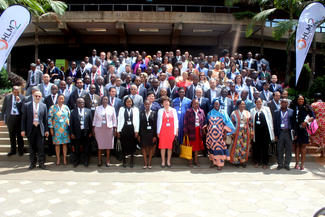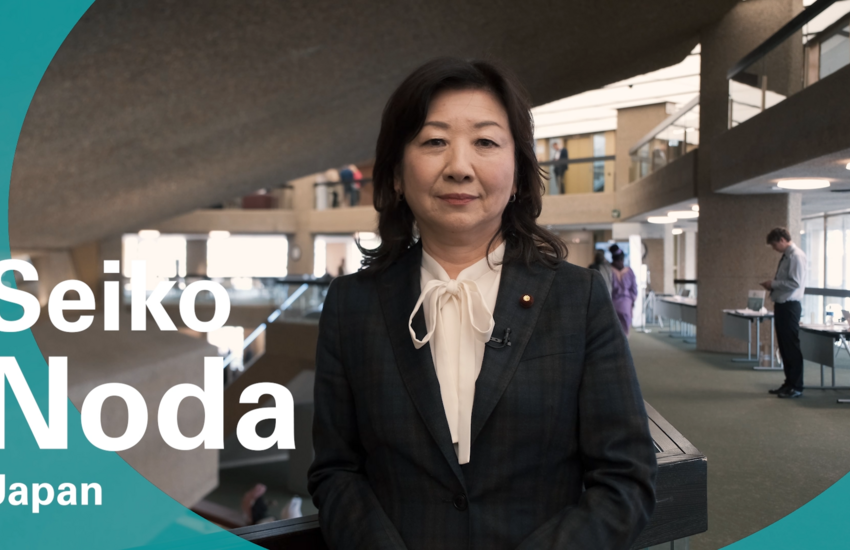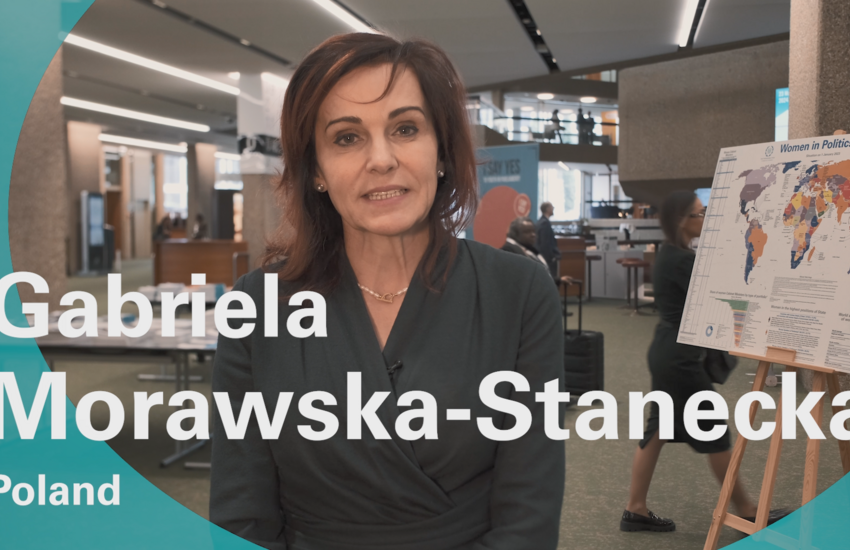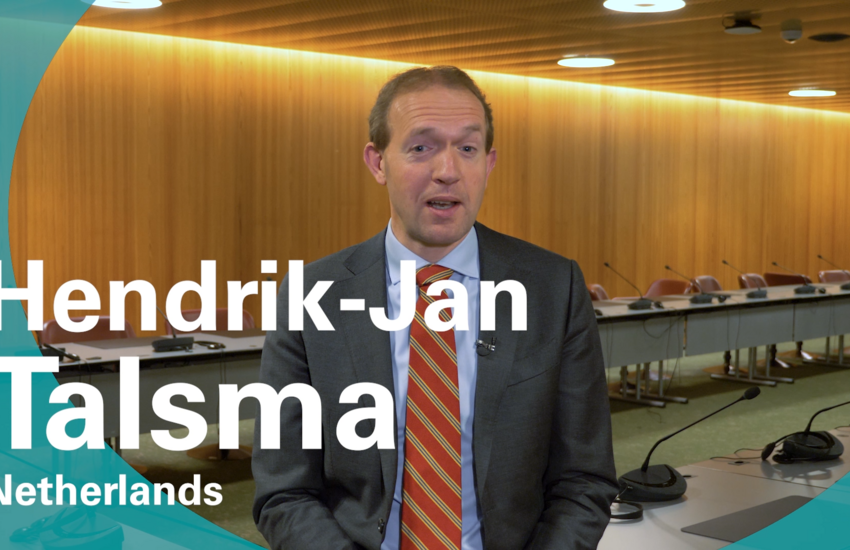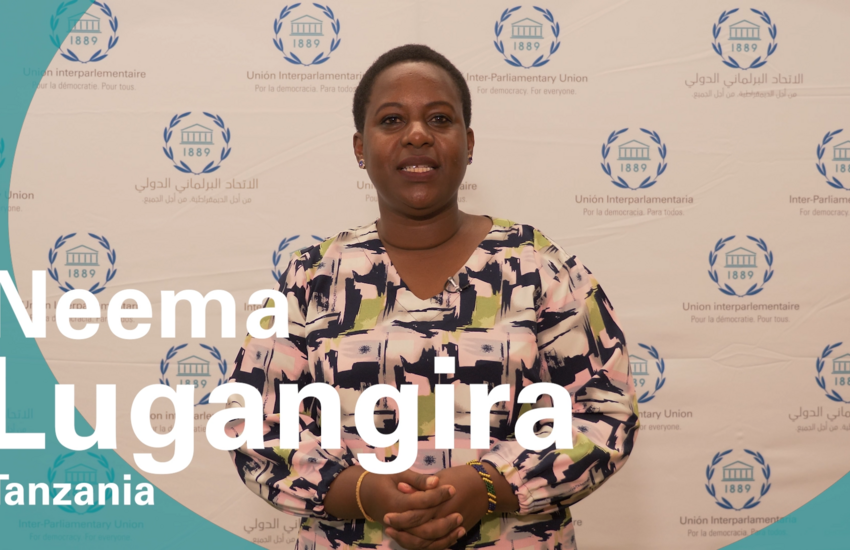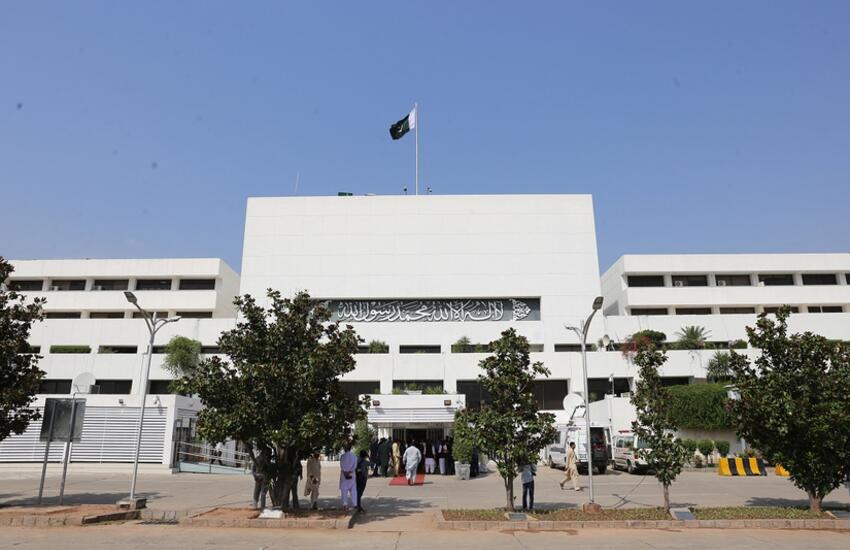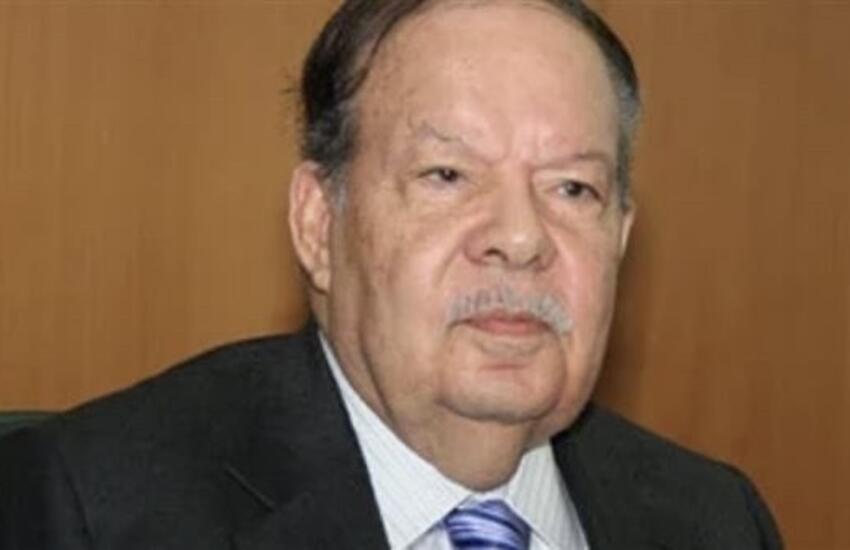Public-private partnerships (PPPs) and other national and international commitments should be submitted to parliaments for review. This was one of the actions called for by parliamentarians attending the Parliamentary Forum at the Second High-Level Meeting of the Global Partnership for Effective Development Cooperation (GPEDC).
The statement of the Parliamentary Forum stressed that the negotiation of these commitments should be carried out with transparency and that, before entering into a PPP, all financing options should be considered. The statement also called for parliaments to have more oversight of public spending of foreign and domestic resources, and to ensure that aid allocation reached the poor and vulnerable rather than being tied to the economic and strategic interests of donor countries.
The second meeting of the GPEDC, which took place in Nairobi from 28 November to 1 December 2016, concluded with a declaration that reiterated the importance of parliamentary oversight of national and international commitments. It called for development partners to submit aid and development policies to parliaments for review; present regular progress reports on the policies’ implementation; and share information with parliaments so they could participate in developing and reviewing policies and modalities for development cooperation.
“I believe there is a consensus that development cooperation is no longer just about traditional aid in which a donor helps foot the bill of public service or infrastructure projects. Development cooperation today amounts to an effort by which all stakeholders—governments, parliaments, donor agencies, civil society, private sector, local authority and others—work together to mobilize all available resources for development, from domestic and international taxes, to foreign investments, remittances,” said IPU Secretary General Martin Chungong. He said that he worried that public money was being invested in private-public partnerships that could cost tax payers more or impose higher fees on consumers than if the services had been provided directly by the government. “Development cooperation must guard against all these dangers and help promote policy coherence across the board,” he stressed.





